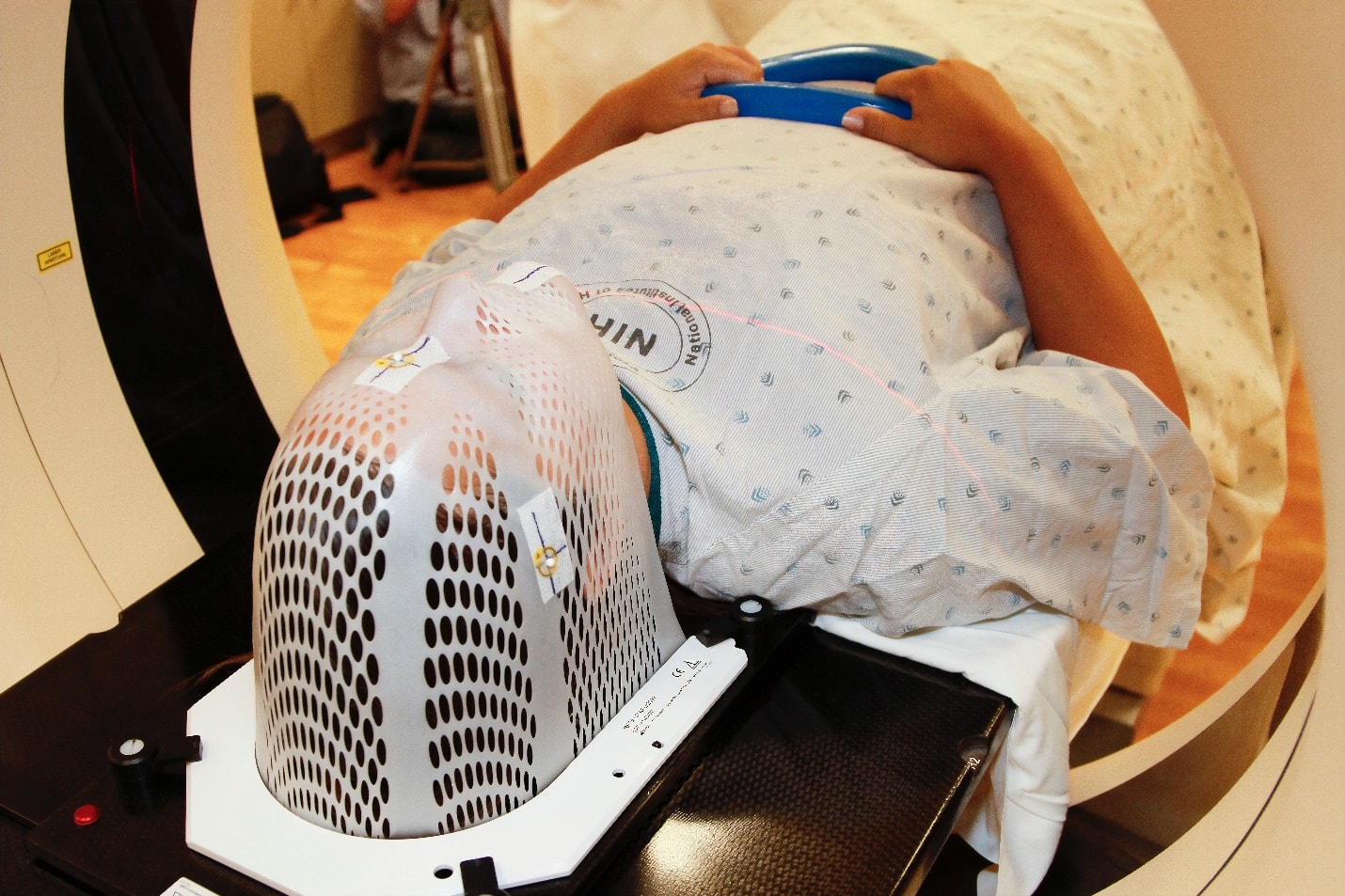Traumatic brain injuries (TBIs) are often the result of a head injury caused by a bump, blow, or jolt, which leads to a disturbance in the brain’s normal function. A traumatic brain injury can occur due to slip and fall accidents, car accidents, bicycle accidents, motorcycle accidents, etc. TBIs are shockingly frequent; in only 2014 alone, there were 2.8 million TBI-related ER visits, hospitalizations, and fatalities in the United States. TBI did have a role in 56,800 deaths that year.
TBIs can vary depending on their severity, from mild to severe. It all depends on the accident’s intensity, how severely the head was hit, and the medical treatments required to ensure the individual recovers.
Here’s a detailed insight into mild vs. moderate vs. severe traumatic brain injuries.
Mild, Moderate, and Severe Traumatic Brain Injuries
Most TBIs may be categorized as mild, moderate, or severe. TBIs have a range of symptoms and prognoses depending on how they were sustained.
Mild Traumatic Brain injuries
The following bodily, sensory, and cognitive symptoms may be present in mild TBI patients but are not usually present:
- From seconds to many minutes of unconsciousness
- There is no loss of consciousness, only a feeling of being puzzled, confused, or lost
- Headache
- Nausea or diarrhea
- Fatigue or somnolence
- Speech disorders
- Trouble sleeping
- More sleep than normal
- The inability to stand or balance
- Eyesight haze, ringing in the ears, and changes in taste or smell
- Issues with attention or memory
- Mood swings or fluctuations in mood
- Experiencing anxiety or depression
Moderate Traumatic Brain Injuries
Warning signs and symptoms of mild damage, as well as the following symptoms, can indicate moderate to severe traumatic brain injuries:
- Loss of consciousness that lasts for hours or more
- Headache that doesn’t go away or becomes worse
- Repeated instances of nausea or vomiting
- Seizures or tremors
- Dilation of one or both eye pupils
- Clear liquids coming out of the ears or nose
- Having trouble waking up from sleep
- Feeling weak or numb in your fingers and toes
- Inability to coordinate
- Extreme bewilderment
- Combativeness, agitation, or other odd conduct
- Unsteady speech
A moderate to severe TBI often has a poor prognosis. Since TBIs affect the brain, the most complex system in the human body, it can be challenging for doctors to determine the exact degree of the damage.
Severe Traumatic Brain Injuries
The most severe type of brain damage is a severe TBI, frequently resulting from a powerful blow or a foreign item entering the skull. Patients with severe TBI may lose consciousness for more than 24 hours and go into a coma for days, weeks, or even months.
Unfortunately, a majority of severe TBIs result in death. Severe TBIs that are not fatal can permanently alter a person’s body, mind, and behavior. Victims will never regain their pre-injury state, even after months of recovery. A severe TBI, therefore, affects all parts of the victim’s life.
Here are the common symptoms to look out for:
- Blurred or double vision
- Nausea and vomiting
- Unequal eye pupil size or dilation
- Constant headaches
- Slurred speech
- Seizures or tremors
- Clear liquids coming out of the ears or nose
- Seizures
- Loss of balance
Contact an Experienced Accident Lawyer in Nevada
The intensity (mild, moderate, or severe) of the traumatic brain injury causes different side effects on the body. Moderate to severe can cause brain trauma, resulting in changes in the victim’s reasoning, vision, mobility, and concentration.
If you’ve recently been an accident victim, you must contact an experienced lawyer who can advise you on your next steps and get you the compensation you deserve.
Bourassa Law Group is a committed group of personal injury lawyers in Nevada who are ready to fight for you as and when needed. Call us at (800) 870 – 8910 for a free consultation today!




